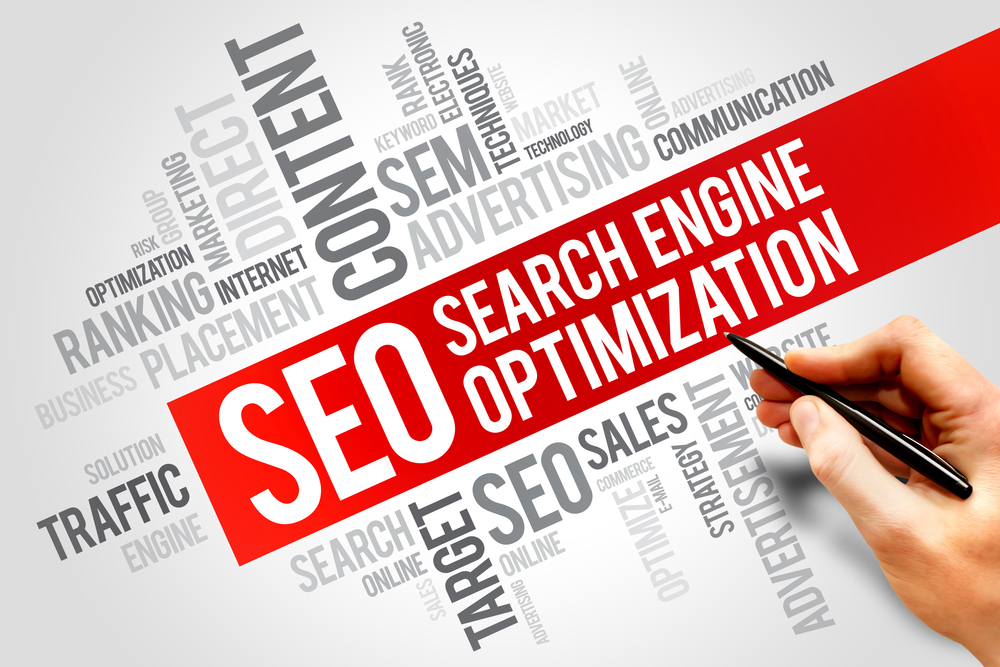
Master the Art of SEO and Link Building: Essential Tips and Tricks

Search Engine Optimization (SEO) is the backbone of any successful digital marketing strategy. It helps websites rank higher in search engine results pages (SERPs), driving organic traffic and increasing visibility. While the world of SEO can feel overwhelming, mastering it is crucial for businesses looking to thrive online. In this article, we will explore essential tips and tricks to help you elevate your SEO game and effectively build links for better search engine rankings.
1. Understand the Fundamentals of SEOTo master the art of SEO, it's essential to grasp the fundamental concepts. SEO (search engine optimization) involves optimizing your website to make it more search engine-friendly. This includes creating high-quality content, utilizing relevant keywords, improving website structure and navigation, optimizing page load speed, and implementing effective meta tags, among other techniques.
2. Conduct Thorough Keyword Research
Keywords are the foundation of SEM/SEO . They are the words and phrases users type into search engines when looking for information or products. Conducting thorough keyword research allows you to understand what your target audience is searching for. Use keyword research tools to identify relevant keywords with high search volumes and low competition. Integrate these keywords naturally into your website content to improve its visibility in search results.
3. Create High-Quality Content
High-quality and engaging content is crucial for successful SEO. Search engines prioritize websites that offer value to users. Write informative articles, create compelling videos, design visually appealing infographics, and offer downloadable resources that resonate with your target audience. When your content is shareable and informative, it increases the likelihood of other websites linking back to you, boosting your SEO (or SEM) efforts.
4. Optimize On-Page SEO/SEM Elements
On-page SEO involves optimizing individual web pages to improve their search engine rankings. It includes optimizing meta titles, meta descriptions, headings, and URL structures. In your meta tags, strategically include your target keywords to boost relevance and click-through rates. Ensure your content is well-structured, with subheadings and bullet points, making it easy for users and search engines to understand.
5. Harness the Power of Backlinks
Backlinks, also known as inbound links, are links from external websites that point to your site. They play a vital role in SEO, as search engines perceive them as votes of confidence in your content. However, not all links are created equal. Quality matters more than quantity. Aim for authoritative websites relevant to your industry and niche. Guest blogging, outreach campaigns, and creating high-quality content that naturally attracts backlinks can help you build a solid backlink profile.
6. Embrace Local SEO
If you have a physical location or serve a specific geographical area, local SEO is crucial. Target local keywords, optimize your Google My Business listing, and ensure consistency in your Name, Address, and Phone Number (NAP) across all platforms. Encourage customers to leave reviews and testimonials, as positive reviews can significantly impact local search rankings.
7. Monitor and Analyze Performance
Regularly monitor your SEO efforts to understand what works and what needs improvement. Use analytical tools like Google Analytics to track website traffic, user behavior, and conversion rates. Pay attention to bounce rates, time spent on page, and click-through rates. Generate reports to identify trends and adjust your strategy accordingly. SEO is an ongoing process, so it's important to stay updated with the latest industry trends and algorithm changes.
Frequently Asked Questions (FAQs):
Q1: How long does it take for SEO efforts to show results?A: SEO is a long-term strategy, and results may vary depending on various factors. It can take several months to see significant improvements in search engine rankings. Patience and consistent effort are key to achieving sustainable SEO success.
Q2: Can social media help with SEO?
A: While social media signals themselves do not directly impact search engine rankings, a strong social media presence can indirectly benefit your SEO efforts. Engaging content shared on social media platforms can attract attention, increase brand visibility, and potentially lead to more backlinks and organic traffic.
Q3: Is link building the only important aspect of SEO?
A: While link building is an essential aspect of SEO, it's not the only factor that determines your search engine rankings. Search engines consider a multitude of on-page and off-page factors, including content quality, website speed, mobile-friendliness, user experience, and social signals. A well-rounded approach to SEO encompasses all these aspects.
Q4: Are paid ads necessary for SEO success?
A: Paid advertising, such as Google Ads, can be beneficial for increasing visibility and driving immediate traffic to your website. However, it is not necessary for SEO success. With proper optimization, quality content, and effective link building, organic (non-paid) search traffic can be a significant driver of online success.
Q5: How often should I update my website's content for SEO?
A: Regularly updating your website's content is beneficial for SEO. Fresh and relevant content signals to search engines that your website is active and provides value to users. Aim to create new content consistently, whether through blog posts, videos, or other formats. Additionally, periodically review and refresh existing content to keep it up-to-date and accurate.
In conclusion, mastering the art of SEO and link building requires an understanding of the fundamental concepts and staying updated with industry trends. By conducting thorough keyword research, producing high-quality content, optimizing on-page elements, building authoritative backlinks, embracing local SEO, and monitoring performance, you can elevate your website's search engine rankings and drive organic traffic. Remember, SEO is an ongoing process that demands consistent effort and adaptation to ever-changing algorithms.
Other useful resources
- https://www.seoguru24.com/listing-category/seo-tools/
- https://en.wikipedia.org/wiki/Search_engine_marketing